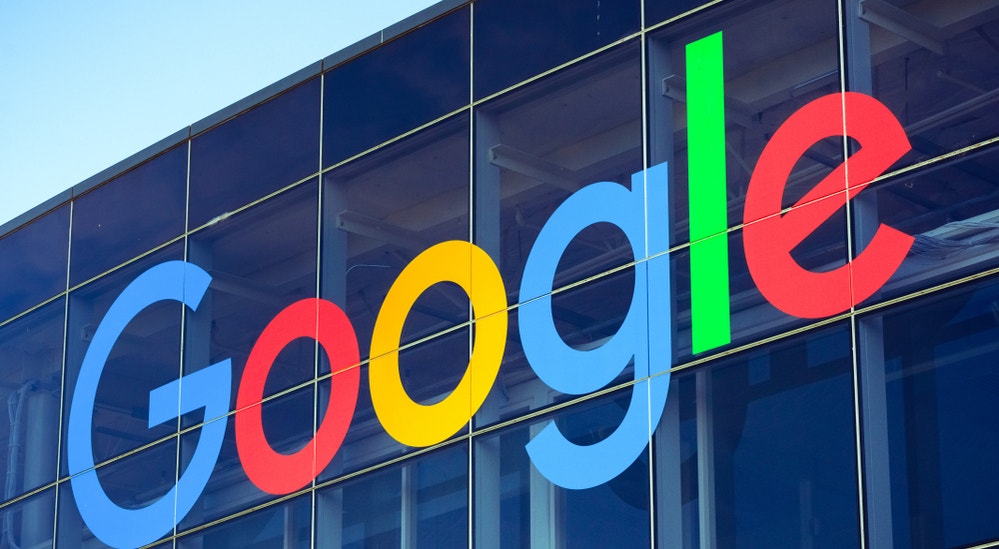
Alphabet Inc.‘s GOOG GOOGL Google’s Android operating system, launched 13 years ago today, has dominated the global smartphone industry, with devices ranging from $100 to $1,600.
Android’s trajectory has been a catalyst for Google’s growth. The search giant’s acquisition of Android Inc. in 2005, initially to rival BlackBerry Inc. BB, set the stage for a transformative era. The introduction of the iPhone in 2007 spurred Google to adapt its Android operating system for a touch-first experience. This strategy ultimately eroded the grip of dominant operating systems such as Nokia’s Symbian and Microsoft’s Windows mobile.
Google’s Smartphone Odyssey
Unlike Apple Inc. AAPL, Google embraced an open-source model to entice smartphone manufacturers away from entrenched systems. The ensuing competition among companies like HTC, Motorola, LG, and Samsung laid the foundation for Google’s smartphone journey.
Fast-forward to Jan. 5, 2010, Google unveiled its inaugural smartphone – the Nexus One. Developed in collaboration with HTC, the Nexus One set the bar for Google’s vision of the ideal smartphone in terms of design, build quality, and hardware performance.
The Nexus One’s superiority over its contemporaries earned it acclaim and recognition, with its unique design and exceptional performance differentiating it from the competition.
Innovation Beyond Nexus
Although the Nexus brand is defunct, it has been succeeded by the more upscale Pixel line of devices. Google has expanded its product portfolio to include phones, tablets, smartwatches, and wireless earbuds, positioning itself as a viable alternative to Apple’s primary offerings.
A $1,000 investment in Google stock on Jan. 5, 2010, would have grown to $9,031.30 today, signaling an 803% surge during this period. In contrast, a similar investment in the Nasdaq index would be worth $6,320.50, and the S&P 500 worth $4,139.66.
AI Integration and Pixel Advancements
Google has increasingly placed its bets on artificial intelligence (AI), augmenting services like Google Bard chatbot with the launch of Gemini, a powerful language model rivaling OpenAI’s ChatGPT. This strategic move further underscores Google’s commitment to infuse AI into its product line across the board, including its flagship smartphone, the Pixel 8 Pro.
Moreover, Google has demonstrated a more potent version of Gemini, named Ultra, scheduled for release in 2024. With a potential paid iteration, “Bard Advanced,” powered by Gemini Pro, in the pipeline, Google’s integration of AI features into Pixel phones and services like Photos signifies a new phase of innovation.

